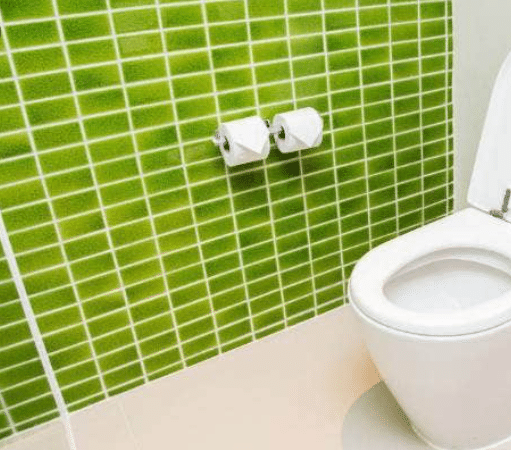Are Flushable Wipes Harming Your Plumbing In Denver?
Flushable wipes, touted as the answer to busy parents’ prayers and the ideal way to safeguard against diaper-changing disasters, are causing big hassles for the sewer system.
Scientists and wastewater experts say that wipes advertised as “flushable” or “sewage-safe” don’t break down as toilet paper does — they can wind up in homes’ plumbing systems instead of going down sewage treatment plants. Once there, the nonabsorbent baby wipes stick together and form large clumps that can get stuck in-home pipes and pumps used by cities to clean wastewater before it’s released into rivers and oceans.
Industry officials say wipes makers have been working with wastewater experts for years to develop better products that break down in sewers. But environmental groups say the marketing of flushable wipes is misleading because many people think the problems occur farther away from home — at water treatment plants.
Scientists and industry representatives agree it will take time for all of these wipes to work their way through the sewer system — if ever.
Flushable Wipes Can Cause Large Clogs In Your Pipes & May Require More Septic Tank Pumping
Flushable wipes are causing large clogs in homes and businesses.
The City of Denver has had to remove over 600 grease clumps out of sewer lines that have been caused by baby wipe products such as “flushable” wipes.
These fats, oils & grease (FOG) clogs can cause sewage overflows into the environment or back up into your home through kitchen plumbing drains and bathroom sinks.
They can shower down upon the occupants of a building when flowing toilets overflow due to blockages. Some homeowners may need to have their septic system pumped out more than twice the normal amount because FOG’s create huge problems for an individual septic tank’s capacity and function.
Commercial buildings experience costly maintenance problems when restroom toilet traps and grease interceptors become clogged with FOG’s.
Flushing Wet Wipes Can Cause Damage To Wastewater Treatment Plants
Flushable wipes (baby wipes, bathroom cleaning wipes) are causing big problems for wastewater treatment plants.
The problem is that these flushable wipes are not dissolving as they travel through the sewer system and end up plugging pumps at the municipal sewage treatment plant. These large wet clumps of fat, oil & grease can get stuck in wastewater screening equipment that removes debris from raw sewage to prevent it from entering the water supply or being discharged into a nearby stream, river, or bay.
This situation leaves this equipment damaged, requiring costly repairs to fix or necessitating a shutdown, which causes a disruption of water supply, resulting in an undrinkable water advisory/boil water notice. Let our plumbers help you out.
Conclusion
If your toilet isn’t flushing properly and you’ve been flushing wipes down it, it’s possible you have a clog in your pipes. We can help. If you’re in Denver, CO, then give Drain Pros Plumbing Denver a call at (720) 664-8988. We are available 24/7 and for plumbing emergency situations.

